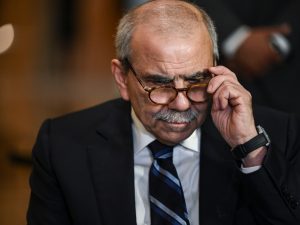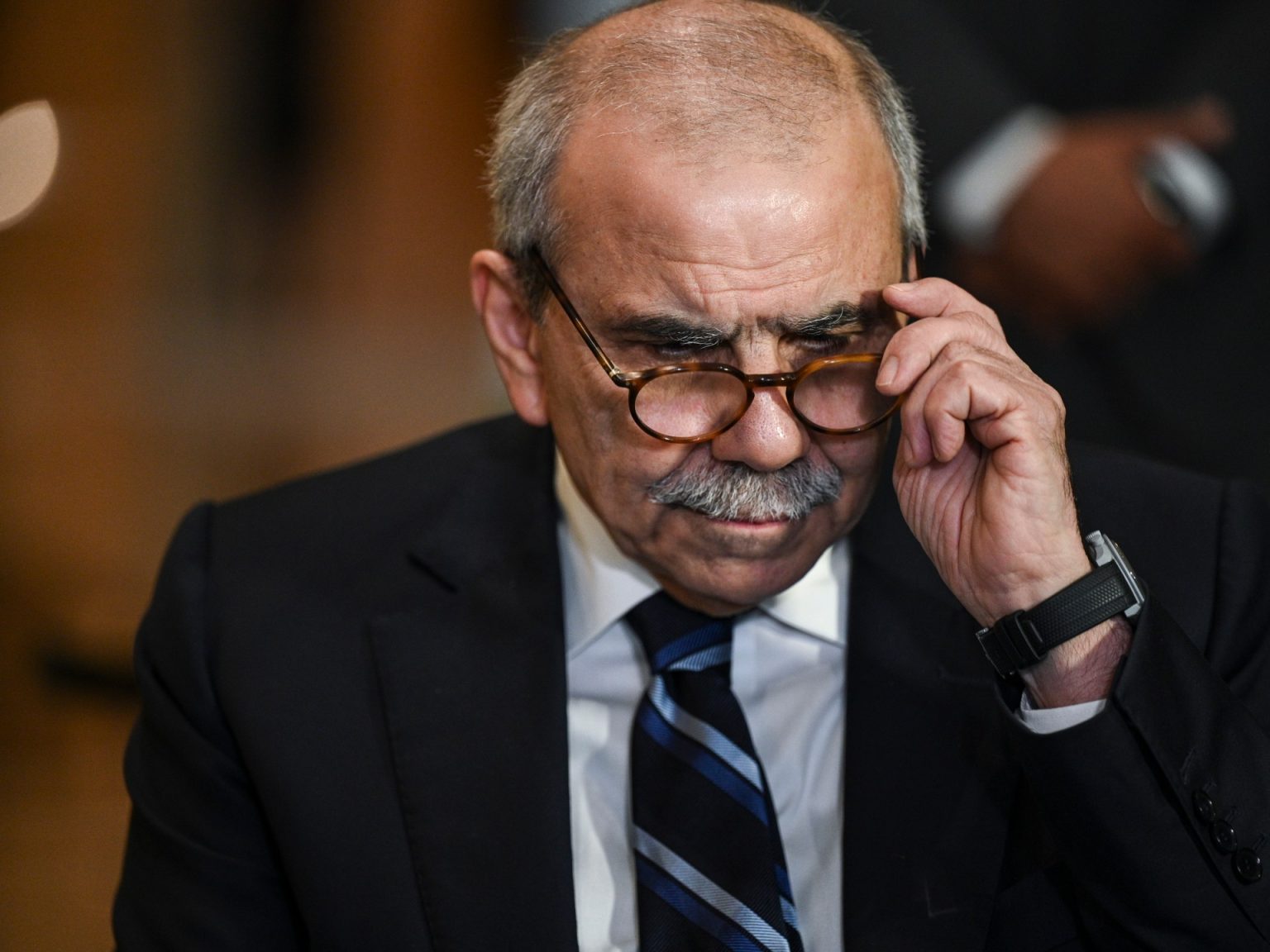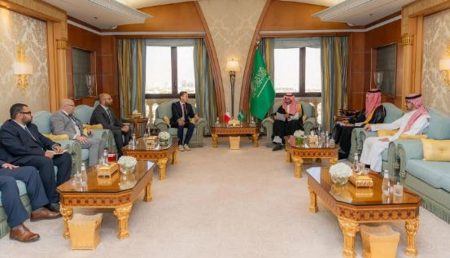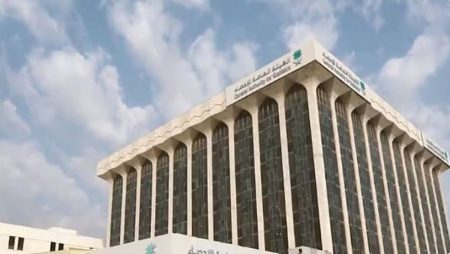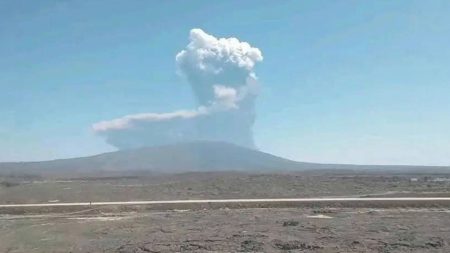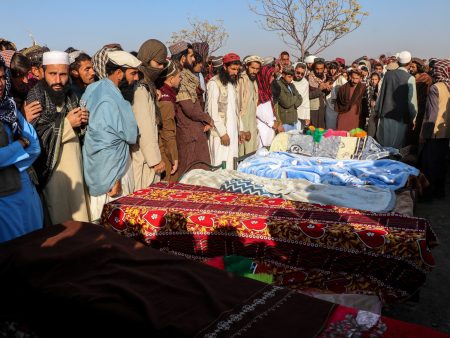The situation in Lebanon is rapidly deteriorating, with escalating tensions along the southern border and within Beirut itself. Recent events, including the targeted killing of a Hamas leader and continued Israeli violations of the ceasefire, have prompted warnings of a potential wider conflict. This article will delve into the current state of affairs, examining the perspectives of key Lebanese and regional actors, and analyzing the implications for the country’s stability. The core issue remains the ongoing Lebanon-Israel conflict and the fragility of the current truce.
تصاعد التوترات: لبنان على شفا مواجهة جديدة (Escalating Tensions: Lebanon on the Brink of a New Confrontation)
Prime Minister Najib Mikati has described the current situation as an “open war of attrition” against Lebanon, emphasizing the government’s efforts to prepare for potential Israeli escalation. His statement follows a noticeable increase in Israeli aggression, extending beyond the border region and impacting civilian life. The recent strike on the southern suburb of Beirut, specifically the Haret Hreik neighborhood, which resulted in the death of five individuals, including Hamas commander Haytham Ali Tabatabaei, has been widely condemned as a dangerous escalation.
The impact of these attacks isn’t limited to physical damage. Mikati highlighted the growing humanitarian and social consequences, indicating a strain on Lebanon’s already fragile infrastructure and resources. This adds another layer of complexity to a country grappling with a severe economic crisis and political instability.
حزب الله وإسرائيل: تبادل الاتهامات وتصعيد الخطاب (Hezbollah and Israel: Exchange of Accusations and Escalation of Rhetoric)
Hezbollah, a significant political and military force in Lebanon, views the attack on the southern suburbs and the assassination of Tabatabaei as a deliberate attempt to extract political and security concessions from Lebanon. Galib Abu Zainab, a member of Hezbollah’s political council, stated that the assassination “will not change anything in the capabilities of the resistance,” and warned that “other options are on the table” should the situation worsen.
Hezbollah accuses Israel and the United States of seeking to dismantle the existing ceasefire agreement and move towards direct negotiations, effectively undermining UN Resolution 1701 and granting legitimacy to the Israeli occupation. They describe the situation as an “open war under full American cover,” despite their stated commitment to maintaining a cessation of hostilities and supporting the government’s diplomatic efforts. The southern Lebanon situation is particularly volatile, with Hezbollah maintaining a strong presence and regularly exchanging fire with Israeli forces.
الموقف الرسمي: دعوات للتهدئة وتحذيرات من التوسع (The Official Position: Calls for De-escalation and Warnings of Expansion)
Parliament Speaker Nabih Berri has echoed the concerns regarding the escalating violence, labeling the attack on the southern suburbs a “very dangerous development” that returns Beirut to the range of Israeli fire. He criticized the perceived inaction of the “Mechanism Committee” – the framework established to monitor the implementation of the ceasefire – in curbing Israeli violations.
Berri also pointed to the internal political divisions within Lebanon as a contributing factor to the country’s vulnerability, arguing that these disputes weaken the national stance at a critical moment. He specifically warned that the attack on Haret Hreik has removed any guarantees for the safety of Beirut and its southern suburbs, as Israel appears to be operating without restraint. The effectiveness of the Mechanism Committee is now under serious scrutiny.
دور لجنة الميكانيزم (The Role of the Mechanism Committee)
The Mechanism Committee, comprised of representatives from Lebanon, Israel, and UNIFIL (United Nations Interim Force in Lebanon), operates under US-French sponsorship. It was formally re-established in November 2024 following the agreement to a ceasefire, building upon the work of the tripartite committee established after the 2006 July War and stemming from Resolution 1701. Its purpose is to oversee the implementation of the ceasefire terms, but its ability to effectively restrain Israeli actions is increasingly questioned.
الوضع الميداني وانتهاكات مستمرة (The Field Situation and Ongoing Violations)
Despite the ceasefire reached approximately a year ago between Israel and Hezbollah, Israeli strikes continue in Lebanon, purportedly targeting military infrastructure and Hezbollah elements. Israel maintains its commitment to preventing Hezbollah from rebuilding its capabilities and continues to occupy five border points that Lebanon demands it withdraw from.
Recent reports from the Lebanese National News Agency indicate that Israeli artillery has been shelling areas near the towns of Ramish and Yaroun with phosphorus shells. These violations are a consistent feature of the post-ceasefire period, with Israel failing to adhere to the agreed-upon terms, particularly regarding withdrawal from disputed Lebanese territories.
دعوات أممية للتحقيق (UN Calls for Investigation)
The United Nations has called for a “swift and impartial” investigation into the Israeli strikes on Lebanon, including the attack on the Ain al-Hilweh refugee camp, which resulted in the deaths of 13 civilians, including 11 children. The UN High Commissioner for Human Rights has condemned the attacks for damaging infrastructure and hindering the return of displaced persons, urging all parties to demonstrate a genuine commitment to the ceasefire. The international community’s response to the Lebanon crisis is crucial in preventing further escalation.
In conclusion, the situation in Lebanon remains extremely precarious. The escalating cycle of violence, coupled with internal political divisions and the perceived ineffectiveness of international mechanisms, paints a grim picture. The continued violations of the ceasefire by Israel, and the potential for further escalation, demand urgent attention and a renewed commitment to diplomatic solutions. Monitoring developments closely and advocating for a just and lasting peace are essential to prevent Lebanon from descending into a full-scale conflict.



